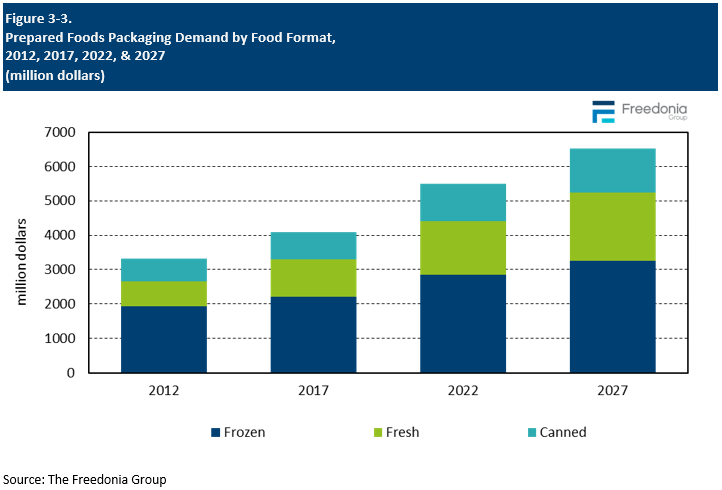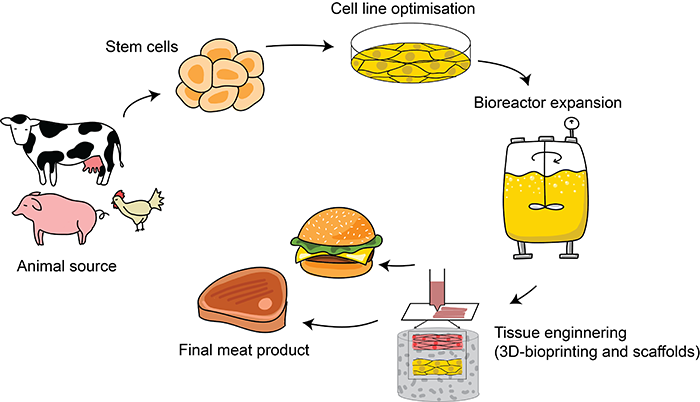Plant-Based Meat Sees Slowdown

Sustainability
For a while, the plant-based meat industry seemed unstoppable. Fueled by concerns about animal welfare, personal health, and the environmental impact of traditional meat production, consumers eagerly jumped on the bandwagon, sending sales skyrocketing. However, recent data indicates a shift in this trend, with the plant-based meat market experiencing a slowdown in growth. While factors like inflation and a crowded market play a role, emerging evidence suggests that sustainability concerns and price sensitivity are significant contributors to this cooling off period.
Sustainability Claims Under Scrutiny
A key selling point for plant-based meat alternatives has always been their purported environmental friendliness. Companies have heavily marketed their products as requiring less land and water, and producing fewer greenhouse gasses compared to conventional meat. However, recent research has cast doubt on the universal validity of these claims.
A 2023 study published in the journal "Nature Food" analyzed the environmental impact of various protein sources, including plant-based meat. The study found that while some plant-based products did offer environmental advantages, others had footprints comparable to or even higher than chicken. Factors like the type of plant protein used, processing methods, and transportation distances all contributed to the variability in environmental impact.
Furthermore, concerns have been raised about the long-term sustainability of certain ingredients commonly used in plant-based meat. For instance, pea protein, a popular choice for its neutral flavor and functional properties, requires significant resources to grow and process. Large-scale monoculture farming of peas can lead to soil degradation and biodiversity loss, issues that contradict the eco-friendly image many plant-based brands strive to project.
Price Sensitivity and the Affordability Factor
Another major hurdle facing the plant-based meat industry is the issue of affordability. Plant-based meat alternatives often come with a higher price tag compared to their traditional counterparts, making them inaccessible for many budget-conscious consumers. While early adopters, driven by ethical or environmental motivations, were willing to pay a premium for these products, the wider market seems less inclined to do so, especially in the face of rising inflation and economic uncertainty.
Data from market research firm IRI revealed that in 2023, sales of refrigerated plant-based meat in the US declined by 10.5% compared to the previous year. This decline coincided with a period of high inflation, suggesting that price sensitivity played a role in consumers' purchasing decisions. When faced with tighter budgets, consumers often prioritize affordability, even if it means opting for less sustainable options.
Looking Ahead: Transparency and Innovation Are Key
The slowdown in the plant-based meat market doesn't necessarily spell doom for the industry. However, it does highlight the need for adaptation and a renewed focus on consumer concerns. Greater transparency regarding the environmental impact of plant-based meat production is crucial. Companies need to be upfront about the complexities of sustainability assessments and avoid making sweeping generalizations about their products' eco-friendliness.
Innovation also holds the key to overcoming the challenges ahead. Developing tastier, more affordable, and truly sustainable plant-based meat alternatives will be essential to regain consumer trust and drive wider adoption. Exploring alternative protein sources, such as fungi-based proteins or cultivated meat, could offer promising solutions.
Concluding Thoughts: Navigating a Complex Landscape
The plant-based meat industry is at a crossroads. The initial wave of enthusiasm has given way to a more discerning consumer base, wary of greenwashing and price hikes. Moving forward, success will hinge on the industry's ability to address these concerns head-on. By prioritizing transparency, embracing innovation, and making their products accessible to a wider range of consumers, plant-based meat companies can navigate this complex landscape and unlock the industry's full potential.


:max_bytes(150000):strip_icc()/dog-treats-glass-storage-container-3f5d7e36-81df4011d844459c9272c9c8404bc38d.jpg)













Comments ()